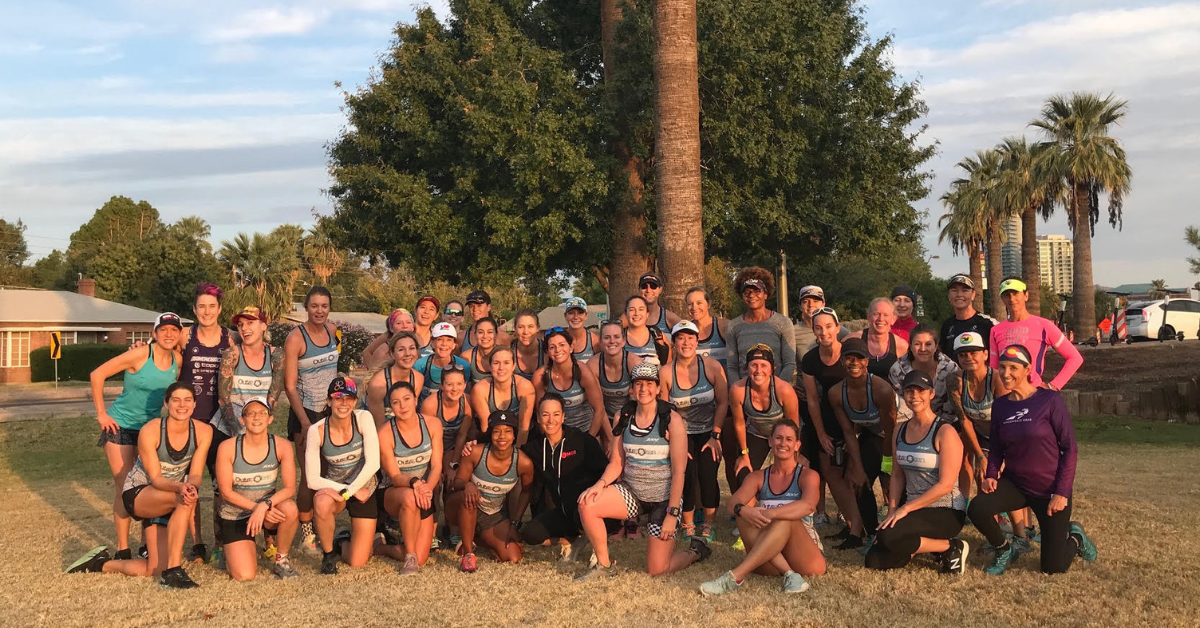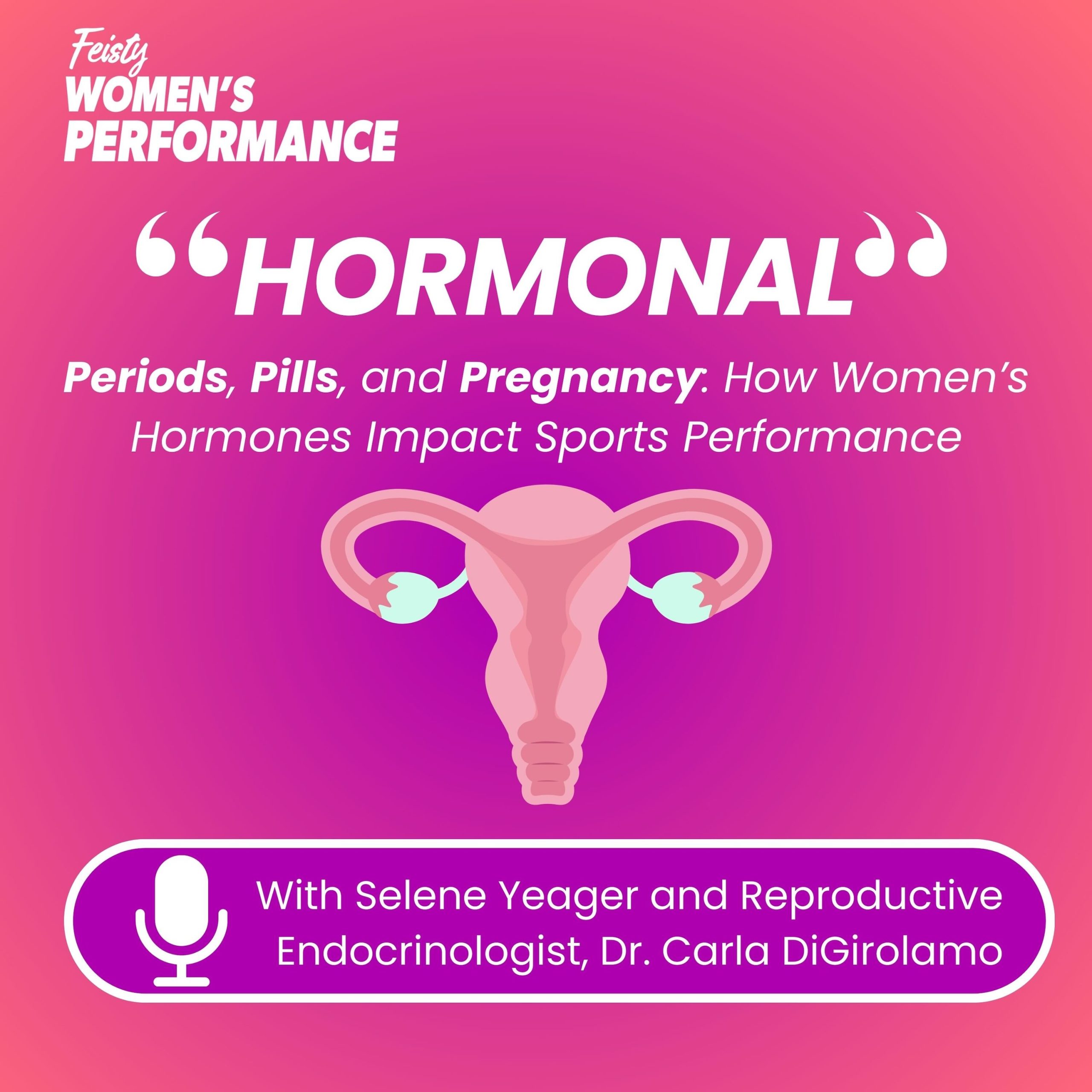October 1, 2021
Weighing On Our Minds

Lessons from three decades of weight loss and wellness reporting.
By Selene Yeager
Weight loss is a topic that comes up a lot in our Feisty Menopause circles. It’s understandable because the menopause transition is a time when body composition shifts. We do our best to provide guidance for working with your changing physiology through strength training (lift heavy sh*t), fueling strategies, and myriad lifestyle modifications.
But it’s also important to recognize that bodies change and each of our transitions through menopause will be different. We all can benefit from a blend of trial, error, and yes, acceptance.
It’s hard. We’re bombarded with messages, especially from the media, that can make us feel bad about ourselves while promising simple answers.
I spent a lot of my life writing for that media. I’ve been a health and science journalist since 1992. Over the years, I’ve authored, co-authored, or contributed to about 2 dozen health, fitness, and diet books. I have written for Shape, Fitness, O the Oprah Magazine, Dr. Oz the Good Life, Cosmopolitan, Glamour, Marie Claire, Prevention, Men’s Health, Women’s Health, Outside, Runner’s World, Bicycling, More, Bottom Line Health, Details, Redbook, Good Housekeeping, and others.
I’m also a trainer, coach, and athlete. I have certifications through NASM, Precision Nutrition, USA Cycling and have been a licensed pro-category racer since 2008.
These days I don’t use that pro-cat license a whole lot and I made a choice years ago to write far less about weight loss. But I still spend a lot of my life in the research. This week, I wanted to share some of the lessons I’ve learned over the decades in this space.
You only see what someone shows you
Years ago, I would often work as the personal trainer for numerous weight loss programs that would become the basis of books and articles. The process was always the same: We would call in 15 to 20 people, knowing that we’d likely only get 4 or 5 “success stories.” The same thing would happen each time. A handful of people would lose weight and/or inches. Most would stay about the same. A couple would gain. Readers would see the ones who had success and not the rest. That’s just how it went.
This isn’t to say that those articles and programs were bullshit. Some people did have success. Just like Instagram influencers or other experts who promise weight loss very likely have a system that works for some people. It’s just important to recognize that for every person you see who has success, there are others who have not. And you’re not a failure if you find yourself in that category.
There is no one “answer” to weight management
Humans are not test tubes. We’re complex beings with unique genotypes and phenotypes and microbiomes and hormones. If there was one “answer” for weight management, we’d all know it and the diet industry wouldn’t be a thing.
Small results often make big headlines
I can’t tell you how many studies I’ve seen reported that generate big headlines over relatively small weight loss. Remember ½ lb. to 1 lb. a week is the standard for what’s considered healthy, sustainable weight loss. The participants in any given study often don’t lose that much weight, but as long as they lose, there’s a story.
Calories are complex
Again, humans are not test tubes. We’re also not Bomb Calorimeters. Calories are not as straightforward as we’ve been led to believe. The number you see on a label is based on approximations from 19th-century lab experiments. This piece from Scientific American explains that how many calories we extract from any given food depends on myriad—often unknowable—factors.
There are many studies that illustrate that when it comes to weight a calorie is not a calorie is not a calorie. But one study that has always stuck with me is this fascinating paper showing how rats fed soft food gained more body fat over a 26-week study than their counterparts who ate crunchy pellets, even though the number of calories and nutritional content of their lab-controlled diet was identical. I know rats are not humans, but this is still telling.
Experts do not agree on what causes weight gain.
The biggest names in research argue all the time on what has led to weight gain on a population level. PubMed contains thousands of citations on the topic. To quote the latest of these papers: “Many lines of investigation demonstrate that body weight is controlled by complex and interconnected systems involving multiple organs, hormones, and metabolic pathways. Common genetic variants, acting on these systems, may explain >20% of the population-level variation in BMI.”
If anyone tells you they have “the answer” they don’t.
Metabolism is not the whole story
Back in the late 90s and early 2000s, I wrote my share of “Master Your Metabolism!” stories. I’m sorry. I was part of the narrative that metabolism was the holy grail of weight management. Your basal metabolic rate (BMR, how many calories you burn at rest) is just part of the picture. New research (that I covered here) that has been getting a whole lot of attention shows that BMR holds pretty constant over our adult lives and when it does decline in our 60s, it’s not linked to an increase in weight. The bottom line is there are myriad factors at work, including insulin sensitivity, muscle protein synthesis (how well you make and maintain muscle, which impacts your energy expenditure), the influence that changing hormones have on these factors as well as fat storage, and more.
Hormones matter
The hormonal changes of the menopause transition can trigger 34 known symptoms including changes in your menstrual cycle (of course), hot flashes, night sweats, mood disturbances like depression and anxiety, sleep disruption, headaches, urinary tract issues, vaginal dryness, and yes, body composition changes and weight gain, as is the topic of this literature review titled Understanding weight gain at menopause published in Climacteric.
There are many, still being discovered, factors.
Science is still uncovering all the factors that play into weight management. One that’s increasingly getting attention is the gut microbiome. A study published last week in mSystems, an open-access journal of the American Society for Microbiology, plainly concluded: “Gut microbiota influences the ability to lose weight in humans.”
There are also so many environmental factors at work here. Sure, there are the obvious ones. There’s no doubt that portion sizes have increased; people are consuming more fast food, restaurant food, and sugar-sweetened beverages; we have more automation, and we’re moving less…all those things are true. There are also unseen players in our environment that may end up being more important than we think like the impact of plastics, pesticides, and antibiotic use.
Weight’s relationship to health is not straightforward.
We often associate weight with health, but those connections are not straightforward. A UCLA study of more than 11,400 adults, roughly half men, and half women, published in the Journal of the American Heart Association earlier this year found that having higher muscle mass was associated with lower death rates from cardiovascular disease in both men and women. However, in women, but not men, higher body fat was also associated with a lower risk of dying from heart disease. The researchers concluded that women specifically should prioritize building muscle mass over losing weight to improve their cardiovascular health. Some research also has shown that being overweight (according to BMI, which is problematic in and of itself) is associated with a lower risk of premature death.
We are more than our weight
I’ve worked with a lot of women who always seemed to be waiting to lose weight to begin living and women who sort of stopped living when they gained weight. I found both heartbreaking. This life can be a difficult, emotional journey for women. But we are so much more than our weight. My hope is that we can lift each other up and take a little weight off each other’s shoulders and minds as we manage this transition together.


 Outspoken Women in Triathlon Summit Returns Bigger than Ever
Outspoken Women in Triathlon Summit Returns Bigger than Ever  Driving the Lamborghini: Productivity and the Power of Paper
Driving the Lamborghini: Productivity and the Power of Paper  5 take aways from the Compete Sports Diversity Summit
5 take aways from the Compete Sports Diversity Summit  Simple Tips to Hone Your Bike Handling Skills
Simple Tips to Hone Your Bike Handling Skills 

